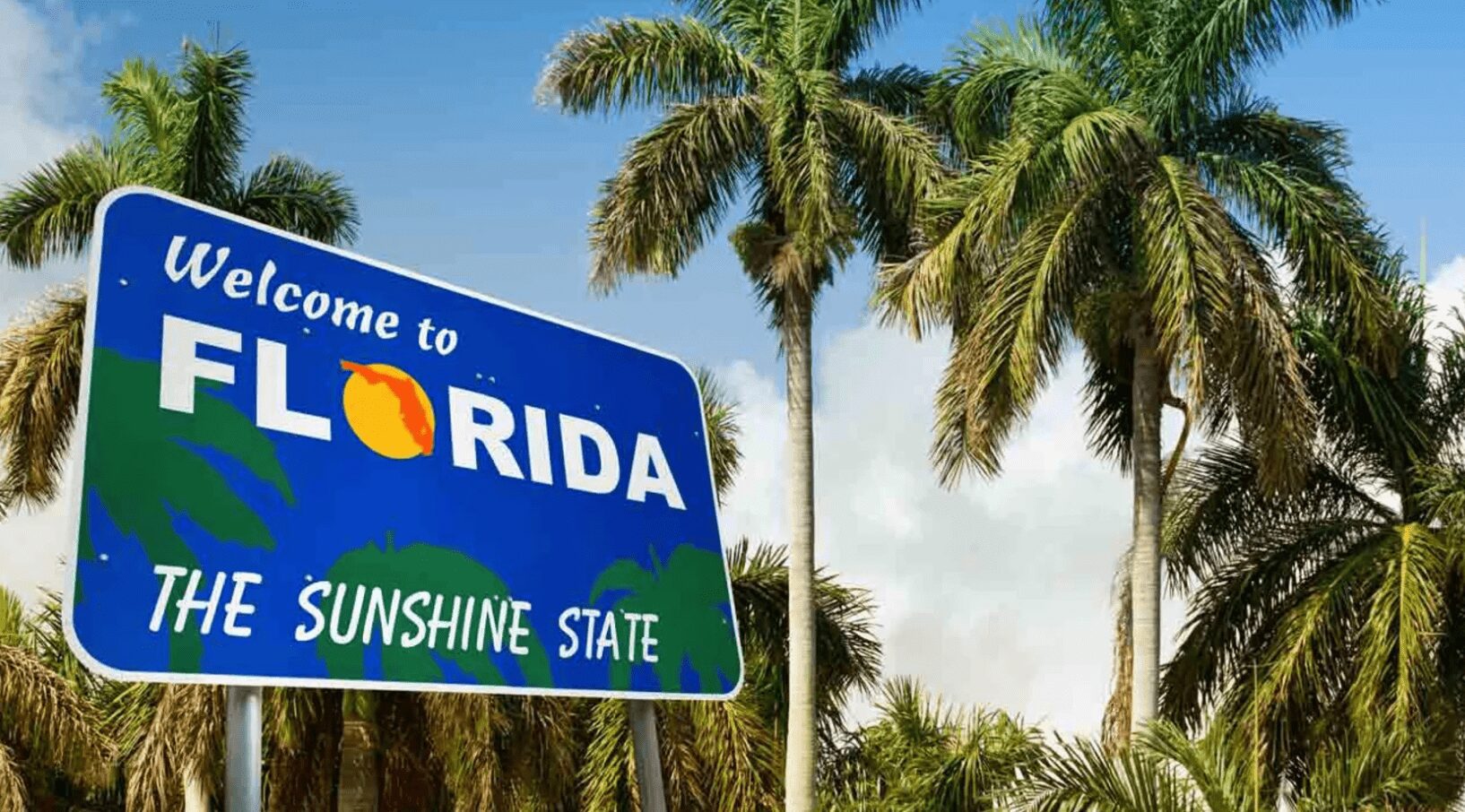
Utility Company Trying to Suck Energy Out of Florida Economic Boom
Patrick Hedger
March 16, 2021
While the COVID-19 pandemic has been the greatest tragedy of most of our lifetimes, the recovery from this crisis is presenting and accelerating some fascinating economic changes. It’s no secret that the heart of the American economy has been slowly progressing south, driven by more favorable political climates to entrepreneurs and more enjoyable actual climates. The pandemic has kicked these factors into overdrive. Florida, in particular, given its already robust and sizable economy, stands to reap the benefits more than any other state. It makes sense that entrepreneurs and remote workers are fleeing high tax states looking for fiscal refuge in Florida. As a native Floridian from the Tampa Bay area, I’ve watched this economic transformation with great interest and excitement. However, a new bill moving through the Florida State Legislature presents an outsized risk to Florida’s post-pandemic boom. Senate Bill 1944 (SB 1944) and the companion House Bill 1567 (HB 1567) will hinder the deployment of broadband and could have long lasting effects on Florida’s economic development and competitive advantage.
SB 1944 is extremely wonky at first glance. It pertains to the regulation of utility poles. Reading the bill would put almost anyone to sleep but its potential impact should keep Floridians up at night. SB 1944 risks putting a huge damper on investment in high speed internet infrastructure within the state. And if the pandemic has taught us anything, it’s how important high speed internet access is to the economy.
For five years, Florida Power and Light (FPL) was greedy (which sort of defeats the point of a utility) by overcharging AT&T for rental access to its utility poles. FPL got caught and now they want to use the state legislature, through SB 1944, to keep overcharging and slow down the process of closing the digital divide.
From cable, to fiber, to cellular networks, attaching to existing utility poles is crucial for the deployment of broadband infrastructure across different technologies. The reason wireless phones work is because there are lots of towers connected to lots of wires. If the cost of attaching those wires to a given utility’s poles becomes exorbitant, internet service providers (ISPs) will deploy their limited resources elsewhere, leaving residents with some terrible combination of fewer providers, higher prices, slower speeds, or a lack of service altogether. That’s not the recipe for an economic boom in 2021 and beyond.
FPL’s wrongdoing is a settled matter. In 2019, AT&T took their case to the Federal Communications Commission (FCC). A federal court ruled the FCC had jurisdiction over the matter. In 2020, the FCC ruled in AT&T’s favor and afforded FPL an opportunity to settle. After no resolution was reached earlier this year, the FCC ruled AT&T was entitled to a refund for the excessive payments.
Now, FPL is trying to cut the FCC out of the picture as much as possible with SB 1944. The bill would shift regulation of utility poles to the Florida Public Service Commission. As exciting as it was to watch the Tampa Bay Buccaneers win a Super Bowl in Tampa, FPL isn’t entitled to home-field advantage in matters pertaining to access to the World Wide Web. Access to an interstate service like the Internet is, for constitutional and practical reasons, an area where the federal government ought to be involved.
Passage of SB 1944 would send a terrible signal to ISPs. Excusing and protecting the clear abuses of FPL over ISPs like AT&T will only cause these firms to rethink future investments in Florida. And again, a lack of ISP investment will harm Floridians’ access to affordable and reliable high-speed internet. For the those already in place, ISPs will pass the increased cost of pole attachments on to consumers—the same consumers slated to be hit by FPL’s $2 billion worth of electrical rate increases over the next 4 years. That’s a staggering 15 percent increase.
Despite the hardship of the last year, the future of Florida’s economy is fairly bright. Let’s hope Florida’s state legislature doesn’t let FPL dim it.
Patrick Hedger is the Vice President of Policy for the Taxpayers Protection Alliance.
